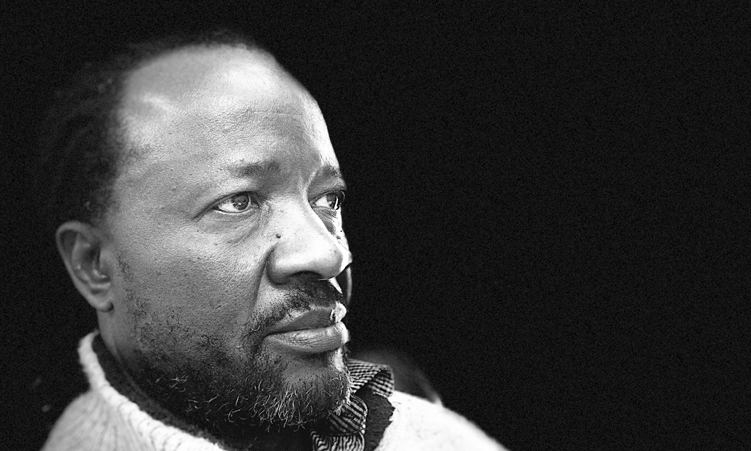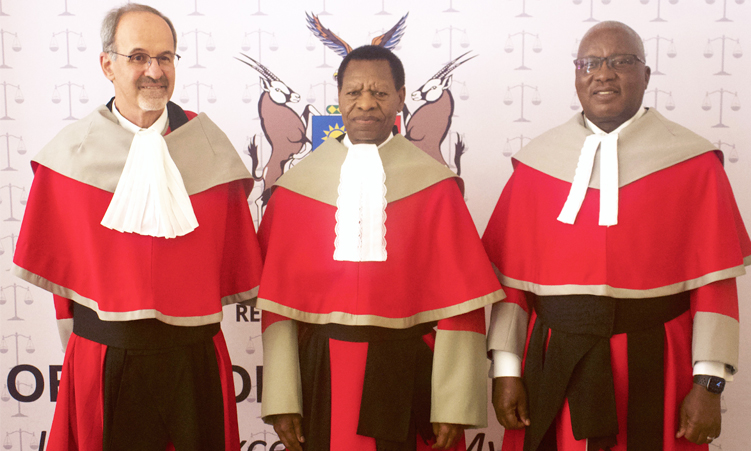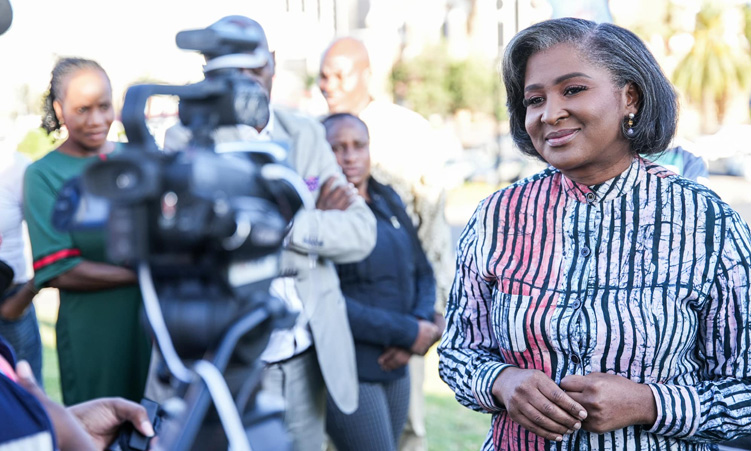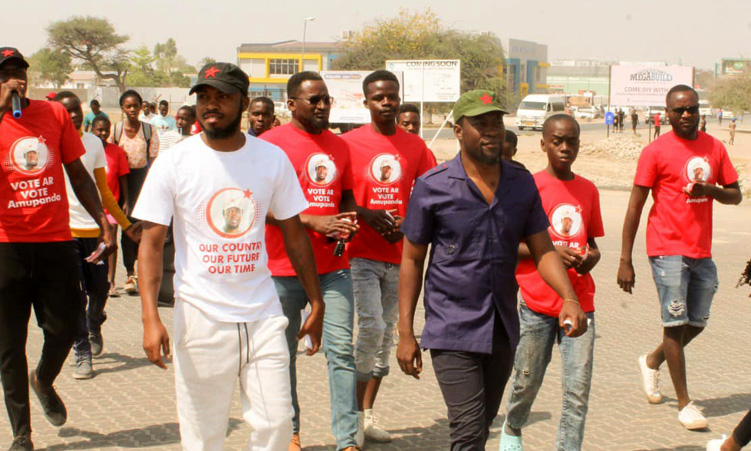Declaring 28 May a public holiday in remembrance of the 1904-08 genocide against the herero and Nama people by Germans is a small but significant victory worth celebrating.
As one of many activists who has highlighted the contradiction of our government purporting to negotiate on behalf of colonial genocide victims while not sufficiently addressing public memorialisation and education efforts, I welcome this long overdue declaration.
I urge my fellow citizens, especially the Herero community, to mark this day as necessary in our national public memory and help herald an era of constructing a new Namibian narrative that includes different phases of our violent colonial history.
I am aware of the controversy regarding this action, including lack of proper consultation and other groups wanting a different remembrance date.
However, we shouldn’t let “perfect be the enemy of the good”.
OPPORTUNITIES
This new public holiday offers many opportunities for education, reflection, memorialisation, reparation and restoration.
Imagine, the German Embassy will be forced to close on this day in remembrance of the genocide.
Hopefully it will also help German Namibians understand that the genocide is part of the living memory of all Namibians, not only the Herero and Nama.
For years our demands for restorative justice have been denied by the German government.
This national holiday can serve as a catalyst for true national reconciliation and coming to terms with our shared history.
Further, 28 May should have a broader educational effect as the genocide is scarcely part of the academic curriculum and public memory.
The declaration of this day is just the beginning; the government should undertake several steps with civil societies and leaders of affected communities to address unresolved business and identify deficiencies and gaps in our public memory.
Most importantly, the government should convene a national consultative educational summit involving Namibian scholars, leaders, artists, traditional griots, teachers, and experts to write inclusive, comprehensive academic curriculum material to teach students about the genocide and its ongoing impact on Namibians.
One of the many examples is our country’s small population because almost 40% of these communities between 1904 and 08.
Yet, many Namibians do not connect the impact of the genocide to current demographics.
HERITAGE SITES
Secondly, the government and its entities must commit to public memorialisation and accord respect to the historical spaces and violent Namibian landscapes in general.
Historic sites should be designated national heritage sites, protected and funded.
Shark Island, for example, must be declared off-limits for tourism, and a museum should be built in place of tourist accommodation. Namibia Wildlife Resorts must relinquish the site to the National Heritage Council of Namibia.
The heritage council should protect and fence off the open graves of genocide victims in former concentration camps at Swakopmund.
This part of the graveyard is currently being trampled and littered on by the public.
Thanks to Laidlaw Peringanda and descendants of the genocide victims who volunteer to clean it up out of respect for their ancestors.
The pier and many historic buildings at Swakopmund and elsewhere in Namibia were built by Herero and Nama forced labourers.
Plaques placed on them noting the deeds of those forced to work to death on these projects would provide education and societal context for Namibians and visitors.
It is surprising there are still streets and spaces honouring the perpetrators of the genocide; they must be removed or renamed, e.g. General von Trotha Street at Otjiwarongo.
CRITICAL STEPS
While there are many issues to tackle around the genocide with regard to national memory, now is the perfect time for the government to cease its secretive, fruitless negotiations with the German government.
The critical step is for the government to consult with leaders of the affected communities and civil societies to come up with an inclusive, comprehensive approach to reparations that includes the seven principles of restorative justice: Formal respectful apology, reparations, restitution, resettlement, economic rehabilitation, inclusive multilateral negotiations, and frameworks and modalities for reparatory justice.
Importantly, in all initiatives around 28 May and the reparations struggle, the government must “foster synergy and cooperation between and among the relevant actors of the reparatory justice movement” and ensure the “amplification of marginalised voices in the reparatory justice struggle” – as outlined in the commitments of the Accra Reparatory Justice conference in November 2023.
I urge our government to commit time, funds and material resources for the genocide observance on 28 May 2025, and onwards.
The remembrance must not be left to the Herero and Nama people, as has been the case for decades.
To realise our late president Hage Geingob’s dream of a ‘Namibian House’, all Namibians must now help construct a new historical narrative. Peace Out!
- *Jephta Uaravaera Nguherimo is an author, and founder of the OvaHerero People’s Memorial and Reconstruction Foundation Inc (opmrf.org)
Stay informed with The Namibian – your source for credible journalism. Get in-depth reporting and opinions for
only N$85 a month. Invest in journalism, invest in democracy –
Subscribe Now!






